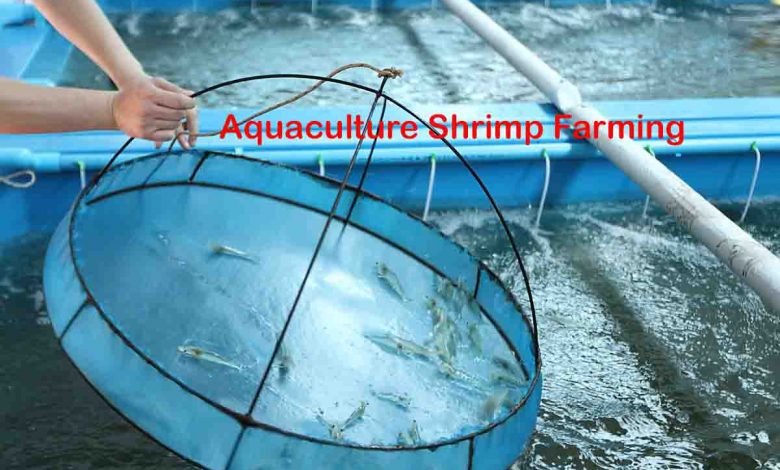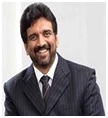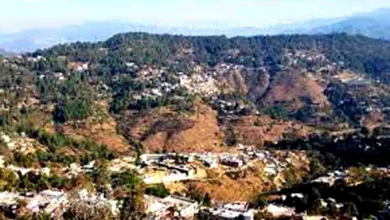Gujarat needs to replicate White Revolution model for Blue Revolution

GUEST COLUMN
 Shaji Baby John
Shaji Baby John
The success of Gujarat in heralding India’s White Revolution became a legend long ago. The cooperative movement by the traditional dairy farmers in the State culminated into a model with few parallels in the world. Amul, the most iconic brand that has emerged in post-independent India, was the concrete expression of that model. Today, Amul looks like an integral part of India since time immemorial. The lessons learned from the White Revolution could be harnessed successfully for launching the second Blue Revolution in the country. Gujarat is ideally located for another path-breaking experiment called the mari-tech park promoting precision aquaculture. The strong cooperative culture coupled with the famed entrepreneurship of Gujarat and the vast coastline makes the State ideal for this innovative project. Instead of pond-based farming the mari-tech park concept, using innovative information technology solutions, is putting forward the idea of precision farming based indoors. A section of the freshwater fish farming community in Gujarat could switch over to the ‘zero waste, net-zero energy consumption’ aquaculture put forward by the mari-tech park concept. The project by the blue economy framework formulated by the Union Government represents the next generation of aquaculture.
The aquaculture shrimp farming in Gujarat mainly concentrated in South Gujarat currently focuses mainly on the brackish water resources abundantly available in the state. According to Gujarat Aqua Feed Dealers’ Association (GAFDA), the State is having around 3.75 lakh hectares of brackish water land fit for shrimp farming. A presentation made by GAFDA President Manoj Sharma in 2020 stated that out of this only 7,000 hectares are under farming and that shows the enormous potential for expansion. According to the Marine Products Export Development Authority in 2020-21 Gujarat had over 9,000 hectares under shrimp farming with an estimated production of 50,526 tonnes. A report on the status of inland fisheries in the country by the Department of Fisheries of the Union Government highlighted the potential of the brackish water resources in Gujarat.
According to the report, “Owing to the high tidal amplitude, the Department (Fisheries) has identified Gujarat and Odisha as higher potential states for brackish water aquaculture and plans to boost the brackish water aquaculture area in the states”. I do not doubt the capacity and potential of the brackish water resources for shrimp farming. The country needs to utilise the potential to the maximum possible extent. At the same time, we should also think about the kind of aquaculture that would address the needs of the future requirements in the global and domestic markets. The world is moving rapidly toward an ecologically sustainable farming practice with sustainability as a primary objective given the growing concern over the negative fallout from global warming and climate change. The attention of governments across the world has been drawn to the blue economy to help find remedial measures to address some of the concerns arising from global warming. The farm-to-fork concept with complete traceability gaining wider acceptance in the global food industry is another factor that calls for a relook at the systems and practices prevailing in the aquaculture sector. The increasingly stringent food safety standards including limits to antibiotics and other chemical residues would require changes in many practices prevailing in the sector.
The idea of the mari-tech park concept gains significance in this background. The Kings Infra Venture spearheading the concept has developed the proprietary systems and protocols for the successful implementation of the venture across the country. The pilot version of the project currently under implementation at Toothukudi in Tamil Nadu has shown salient features of the project and its benefits. The model could be replicated in any part of the country with slight modifications as per the agro-climatic conditions prevailing in the region. The park provides plug and play facility that promises the next generation of aquaculture with zero waste and net-zero energy consumption. The project is ideal for implementation in the cooperative sector. The strength of the cooperative sector in Gujarat could be used for developing a similar matrix in the fisheries sector in the state. A research paper on the freshwater fish culture in Gujarat has identified the lack of awareness of scientific cultivation practices as one of the main constraints to the growth of the sector in the State.
According to the paper, 85 per cent of the people have stated “information on the scientific cultivation practices are not available” to them. The mari-tech park project with its system for regular seamless communication with farmers would ensure that the latest cultivation practices and knowledge would be at their fingertips. The project is also having an in-built facility to address the other major concerns highlighted by the researchers including quality feed and brood stocks. Nearly 79 per cent of farmers also complained about the lack of post-harvest infrastructure and proper marketing channels. The lack of timely credit facilities and information deficit on loan and subsidy schemes also acts as serious constraints to the fish farmers in the State. The research paper has highlighted many positive points about the sector including the age and educational profile of the farming community. Nearly 48 per cent of the farmers belonged to a group identified as young with a maximum age of 30 years.
The educational qualification showed that 43 per cent studied up to secondary school levels, 12 per cent senior secondary levels, and six per cent up to the college level. Overall only six per cent of the farmers belonged to the category of not having had formal school education. The age and educational profile of the farming community appears to be ideal for a project such as mari-tech park using information technology tools including AI and IoT. It is time for Gujarat to seize the moment and be at the forefront of another path breaking revolution in the country and the world.
(The author is the chairman of Kings Infra Ventures Limited who also writes on the blue economy and sustainable food production system. Views expressed are personal)






